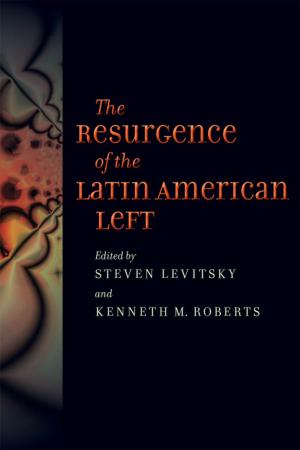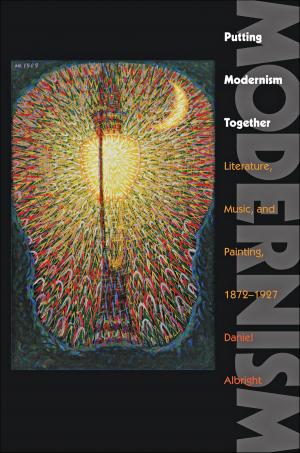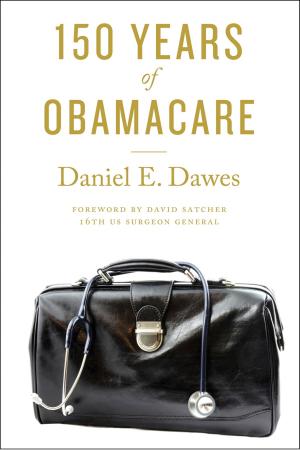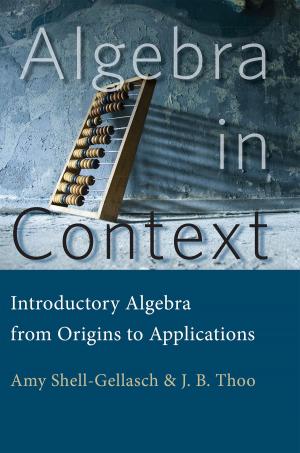Literature in the Ashes of History
Nonfiction, Health & Well Being, Psychology, Psychoanalysis, Fiction & Literature, Literary Theory & Criticism, Theory| Author: | Cathy Caruth | ISBN: | 9781421411569 |
| Publisher: | Johns Hopkins University Press | Publication: | December 23, 2013 |
| Imprint: | Language: | English |
| Author: | Cathy Caruth |
| ISBN: | 9781421411569 |
| Publisher: | Johns Hopkins University Press |
| Publication: | December 23, 2013 |
| Imprint: | |
| Language: | English |
Cathy Caruth juxtaposes the writings of psychoanalysts, literary and political theorists, and literary authors who write in a century faced by a new kind of history, one that is made up of events that seem to undo, rather than produce, their own remembrance. At the heart of each chapter is the enigma of a history that, in its very unfolding, seems to be slipping away before our grasp.
What does it mean for history to disappear? And what does it mean to speak of a history that disappears? These questions, Caruth suggests, lie at the center of the psychoanalytic texts that frame this book, as well as the haunting stories and theoretical arguments that resonate with each other in profound and surprising ways. In the writings of Honoré de Balzac, Hannah Arendt, Ariel Dorfman, Wilhelm Jensen, Sigmund Freud, and Jacques Derrida, we encounter, across different stakes and different languages, a variety of narratives that bear witness not simply to the past but also to the pasts we have not known and that repeatedly return us to a future that remains beyond imagination.
These stories of trauma cannot be limited to the catastrophes they name, and the theory of catastrophic history may ultimately be written in a language that already lingers in a time that comes to us from the other side of the disaster.
Cathy Caruth juxtaposes the writings of psychoanalysts, literary and political theorists, and literary authors who write in a century faced by a new kind of history, one that is made up of events that seem to undo, rather than produce, their own remembrance. At the heart of each chapter is the enigma of a history that, in its very unfolding, seems to be slipping away before our grasp.
What does it mean for history to disappear? And what does it mean to speak of a history that disappears? These questions, Caruth suggests, lie at the center of the psychoanalytic texts that frame this book, as well as the haunting stories and theoretical arguments that resonate with each other in profound and surprising ways. In the writings of Honoré de Balzac, Hannah Arendt, Ariel Dorfman, Wilhelm Jensen, Sigmund Freud, and Jacques Derrida, we encounter, across different stakes and different languages, a variety of narratives that bear witness not simply to the past but also to the pasts we have not known and that repeatedly return us to a future that remains beyond imagination.
These stories of trauma cannot be limited to the catastrophes they name, and the theory of catastrophic history may ultimately be written in a language that already lingers in a time that comes to us from the other side of the disaster.















